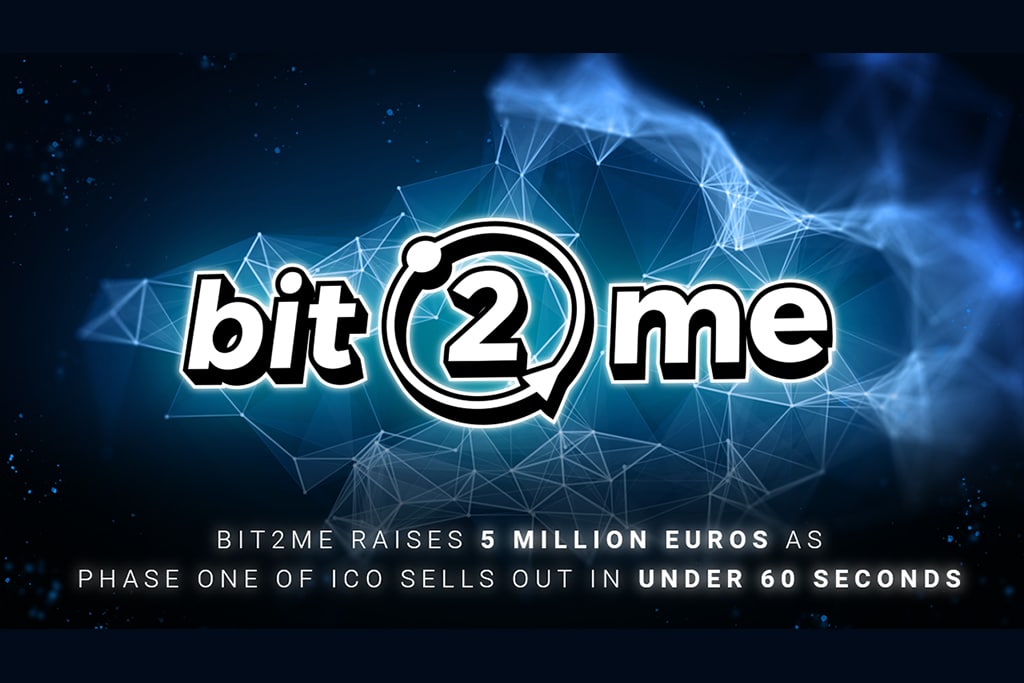
Do you want the credit card numbers of EBay users or bank information of residents of Los Angeles?
You need only go to the dark web where cybercrime has become a service and place an order. You could also buy any of the digital identity data already on offer from these merchants of stolen lives.
Third party control of personal data makes huge treasure troves of digital goods easy targets for cyber thieves. Third party data is one of the most valuable commodities in the business world. But businesses need to ask if the gains from the efficiencies produced by digital business are eroded by cyber crime.
New digital identity management systems powered by the Blockchain are demonstrating how giving individuals control of their own identities is a win-win for businesses, too. Digital business will thrive in a more secure digital world while individuals can decide if and what to sell in exchange for monetary incentives and rewards.
Selling Trust as a Service
On the Blockchain, individuals no longer have to hand over their personal IDs to third parties, because they have control over their own digital selves. Advantages of individuals controlling their digital IDs include lower risk of privacy and data breaches, improved customer service and monetization opportunities.
“Customer as a service” is ready to put “cybercrime-as-a-service” out of business. Travellers who are standing in increasingly long customs lines at airports will appreciate not only the security but efficiency advantages of digital IDs.
Canadian travellers may soon be able to travel without handing over their personal and financial data to airlines, hotels and car rental services. Canadians are testing personal biometric IDs run on Blockchain-powered distributed ledgers.
The travellers’ ID will no longer be stored on a central database but accessed on the digital ledger at key checkpoints in the travel process. The ‘Known Traveller’ system not only saves time processing travellers but also provides authorities with a traceable, unchangeable record of the travel patterns of individuals, including terrorists.
That personal identity information is also a valuable asset. The traveller can choose to sell their identity in exchange for incentives and rewards. The traveller could agree to provide his email address to an airline and in exchange be promoted to a higher travelling class, and enjoy the associated perks.
The individual owns the private key to their encrypted identity. Third party Blockchain digital identification system developers are providing further benefits. Persona has developed a system that allows individuals to control and decide what parts of their identity to share.
The Personal Identity Empowerment Movement
Digital identities are far more than a business perk. In the near future, government IDs will be issued using this Blockchain technology. The United Nations, Microsoft and Hyperledger are some of the important players that have joined the newly formed digital identity initiative ID 2020 Alliance.
In addition to making it easier and safer to conduct a digital life, the group is focused on giving those without IDs personal identities and access to the global economy. Personal IDs can also help police crimes such as human trafficking and art and cultural heritage crime.
One ID for the Digital World
Digital ID management on the Blockchain has been designed for a digital commerce era in which meeting know your customer (KYC) requirements is the standard. After undergoing a rigorous KYC verification, the self-controlled digital ID can act as a single sign-on passport to any digital service.
Persona is a good demonstration of how next generation systems will provide more secure personally managed digital IDs. A fully verified KYC identity receives at least 50 peer-to-peer, an in-person, and notary identity checks.
Once the identity is established, it is centrally updated and managed by Persona. Any change to the identity is made on the shared digital ledger system, and thus is automatically reflected in the digital identity file.
While there are other projects that try to find the “Holy Grail” for digital identity over blockchain, with persona, the files are stored on an IPFS implementation over the Persona blockchain, so they never leave the blockchain.
A verifier gets access to the files (view only) just to check the originals with the IPFS saved copies and hands over the originals once the verification is done. This process was used by Thawte back in 2002-2003 in what was called ‘Web of Trust” where a network of world-wide available notaries were checking someone’s details in order to obtain a personal email certificate.
The Persona ICO
The Persona initial coin offering began on February 1. Persona aims to raise up to $14 million through the sale of Persona tokens (PRS) — “the in-system currency used with the Persona zero knowledge digital identity management system”.
Tokens can be bought with Bitcoin, Ethereum or ARK cryptocurrency. Persona is powered by ARK Blockchain (the only blockchain platform that successfully connected to bitcoin, ethereum and litecoin blockchain and moving data and transactions back and forth) which provides real time transaction processing.
Persona will use some of the funds to fund other startups in the digital identity management space that develop complementary technologies. As a holder of PRS tokens, you will be able to vote on which startups to fund and help create a new, safer era in identity management.


